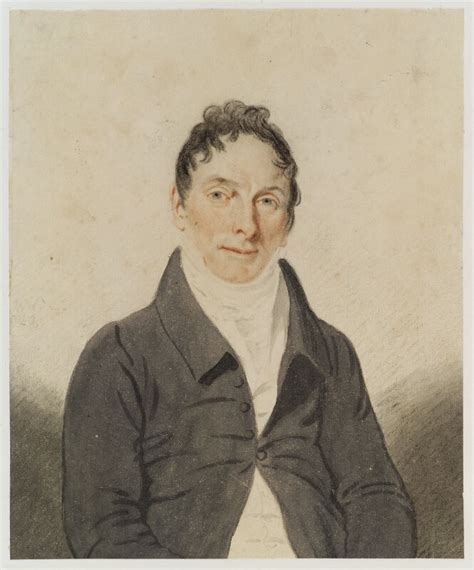A Quote by Geraldine Brooks
While I love to read contemporary fiction, I'm not drawn to writing it. Perhaps it's because the former journalist in me is too inhibited by the press of reality; when I think about writing of my own time I always think about nonfiction narratives. Or perhaps it's just that I find the present too confounding.
Related Quotes
In a sense, journalism can be both helpful and detrimental to a writer of fiction because the kind of writing you need to do as a journalist is so different. It has to be clear, unambiguous, concise, and as a writer often you are trying to do things that are more ambiguous. I find that writing fiction is often an antidote to reading and writing too much journalism.
If you have to find devices to coax yourself to stay focused on writing, perhaps you should not be writing what you're writing. And if this lack of motivation is a constant problem, perhaps writing is not your forte. I mean, what is the problem? If writing bores you, that is pretty fatal. If that is not the case, but you find that it is hard going and it just doesn't flow, well, what did you expect? It is work; art is work.
When I'm writing, especially when I'm writing in first person, I don't think about the characterization, or how they are going to express themselves, I just express my own approach to these things. I think most writers can never divorce themselves from their private lives and personas; they are the ones that are writing. And the more they remove themselves from their own persona, the more, perhaps, mechanical the work becomes.
I love the resource of the Internet. I use it all the time. Anything I'm writing - for example, if I'm writing a scene about Washington D.C. and I want to know where this monument is, I can find it right away, I can get a picture of the monument, it just makes your life so much easier, especially if you're writing fiction. You can check stuff so much quicker, and I think that's all great for writers.
I think, about the distinction between fiction and nonfiction. Fiction is not really about anything: it is what it is. But nonfiction - and you see this particularly with something like the BBC Samuel Johnson Prize for Non-Fiction - nonfiction we define in relation to what it's about. So, Stalingrad by Antony Beevor. It's "about" Stalingrad. Or, here's a book by Claire Tomalin: it's "about" Charles Dickens.
Perhaps the author cited is one of those, who, shunning the practice of the world, have taught the world to shun return! whose poetry is too finely spun, whose philosophy is too and mystified for popular demand: perhaps we have experienced feeling which Mr. Wordsworth alludes to, in a poem worthy of simplicity and loneliness of the sentiment "Often have I sighed to measure By myself a lonely pleasure; Sighed to think I read a book Only read perhaps by me!
But I think writing should be a bit of a struggle. We're not writing things that are going to change the world in big ways. We're writing things that might make people think about people a little bit, but we're not that important. I think a lot of writers think we are incredibly important. I don't feel like that about my fiction. I feel like it's quite a selfish thing at heart. I want to tell a story. I want someone to listen to me. And I love that, but I don't think I deserve the moon on a stick because I do that.
I write fiction longhand. That's not so much about rejecting technology as being unable to write fiction on a computer for some reason. I don't think I would write it on a typewriter either. I write in a very blind gut instinctive way. It just doesn't feel right. There's a physical connection. And then in nonfiction that's not the case at all. I can't even imagine writing nonfiction by hand.







































